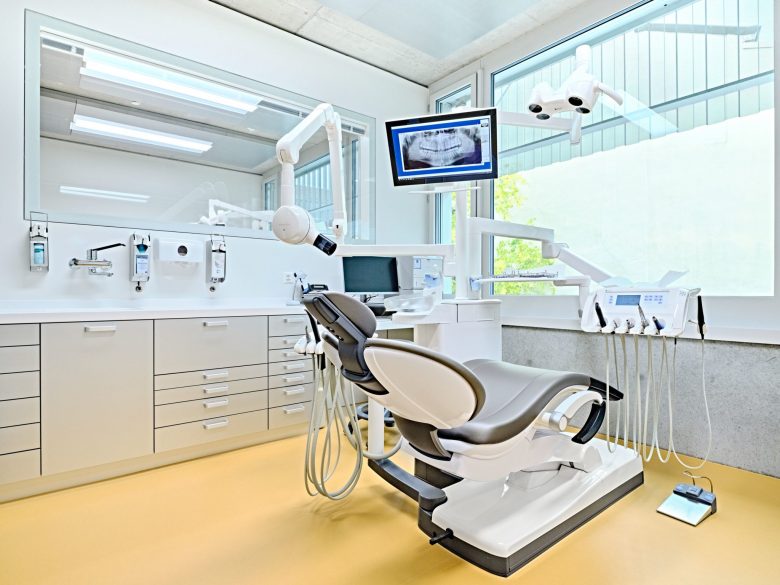Excellent dental implants services North London? Quality Dental Care. Each patient’s mouth structure and bone density is very individual so an implant treatment must be carefully planned. I keep my patients fully informed about their dental implant procedure and share information about alternative options they may have before they get their beautiful smile restored. Highly Effective Implant Technology. By keeping up to date with the science behind implants and using dental products of the highest quality, such as Straumann and Nobel Biocare, who have been making dental implants for over 30 years, I believe that patients are getting a first-class, durable product that will serve them well in daily use. See even more information on single tooth implants. Our highly skilled dental implant expert, Rob Pittack, has been registered with the General Dental Council (GDC No. 61736) since 1986 and has built up an excellent reputation as one of the leading tooth replacement, bridges and dental implant experts in the whole North London area.
Eat More Foods That Contain Malic Acid: Fruits like apples, pears and strawberries are malic acid rich and can actually help with whitening teeth. Eating more of these foods will help naturally whiten teeth. Those are just but a few tips that you can hack when it comes to whitening your teeth at home. However, the best way to whiten your teeth naturally, though it may not be the most convenient, is to simply brush your teeth with an appropriate toothpaste after eating or drinking something. As long as you’re consistent, you will see vast improvements. While all sweetened drinks are bad for teeth, some energy and sports drinks may be worse, according to one study in General Dentistry. Researchers found that these drinks — as well as bottled lemonade — may erode tooth enamel after long-term use. The result is thin, translucent, discolored teeth. To prevent tooth erosion: Don’t sit and sip these drinks for a long time. Rinse your mouth with water when you finish drinking.
Fortunately, there are simple ways to keep teeth strong and healthy from childhood to old age. Here’s how: Start children early. Once that first tooth appears usually around six months you should begin a child’s dental care. Teeth can be wiped with a clean, damp cloth or a very soft brush. At about age 2, you can let kids try brushing for themselves — although it’s important to supervise. Start early and avoid your child being part of the 50% of children between the ages of 12 and 15 who have cavities.
What happens if something goes wrong and the implant doesn’t take? This rarely happens but if it does I will examine you and discuss what appears to be happening and from there try to resolve the problem even if this means having to remove the implant, wait for bone growth and then redo it. If this happens during the integration period you are not charged for removing and replacing the implant. I’ve been told that I don’t have enough bone for an implant. What can be done? There are many techniques available for building bone up that were not available even 3 years ago and I can place implants now where it was not thought to be possible. The first thing I will do is look and ask you to go for a 3D CT scan that will assess the height, depth and density of your bone. If you are unable to have implants I will let you know and provide an alternative treatment plan. Read additional details at https://www.dentalimplantsmillhill.co.uk/.
Watch Out for Sweet Medicine: Children’s medications can be flavored and sugary. If they stick on the teeth, the chance of cavities goes up. Children on medications for chronic conditions such as asthma and heart problems often have a higher decay rate. Schedule your child’s first dental appointment before their first birthday or after his or her first baby tooth is visible, whichever comes first. This visit is like a well-baby visit with your pediatrician. As kids grow up, their oral hygiene habits should grow with them. Kids have all their baby teeth by the age of 3. These are called primary teeth. Baby teeth start falling out around age 6; that’s when the permanent, or adult, teeth start coming in. Gaps between baby teeth are normal. They make room for the permanent teeth. Most permanent teeth come in by age 13.



